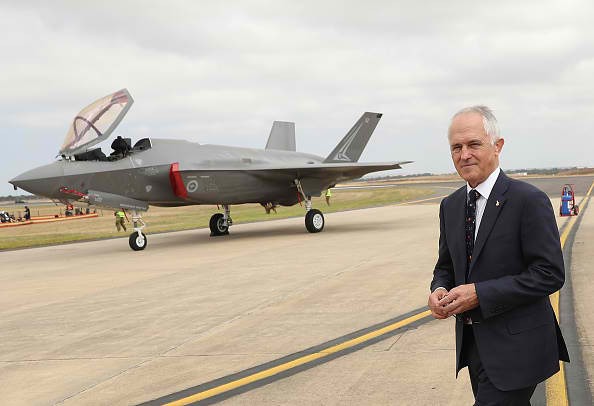The Foreign Studies University in Beijing held a conference recently on "China, the U.S., and Australia Relations in the Trump Era."
China-Australia relations were examined by foreign relations experts and members of the Chinese and Australian academe.
The conference also formalized the "blue book", or an annual report showing the progress of Chinese and Australian trade.
However, Australia is trying to keep a delicate balance with relating to China and at the same time, keeping good ties with the U.S.
China holds the majority of investments in Australia. According to the Lowy Institute for Foreign Policy, "Australia-China relations are characterized by strong trade bonds."
The experts added, "China is Australia's largest trading partner, while Australia is a leading source of resources for China. More recent trends show that Australian exports are now expanding well beyond the resource sector."
However, Australian opposition to Chinese investments in the country is causing tension. According to a poll made by the Lowy Institute, a majority of Australians think that there are too many Chinese investments in the country.
The Lowy Institute for Foreign Policy posted on their website, "There are questions around how Australia balances its alliance commitments against its economic dependence on China."
Chinese experts believe that Australia must choose to side with China because there is more to be gained from this than siding with the U.S.
Han Feng, a professor of international strategy at the Chinese Academy of Social Sciences, believes that because of Trump's anti-China position, many countries now are forced to make adjustments in their respective foreign policies.
He said, "because the Turnbull government is weak, it needs to build good relations with great powers to help it domestically."
"The U.S. remains the base for Australia's global influence, and will maintain its military dominance for 20 years, although Trump requires such allies to share the security burden," he added.




























